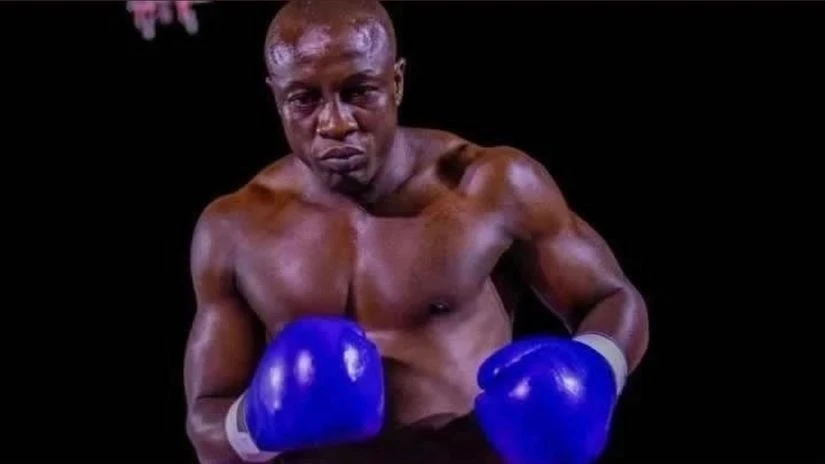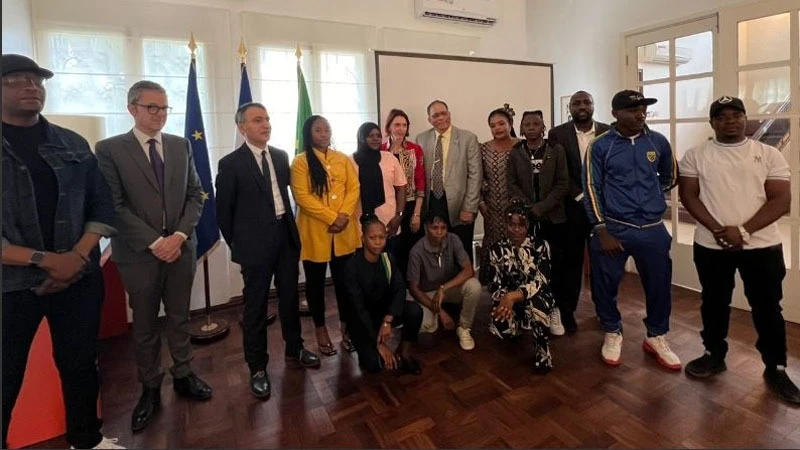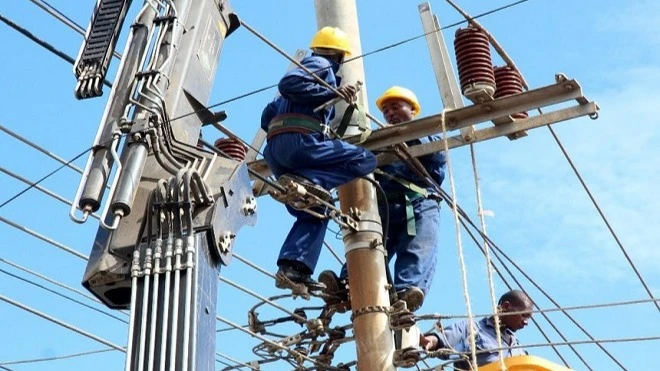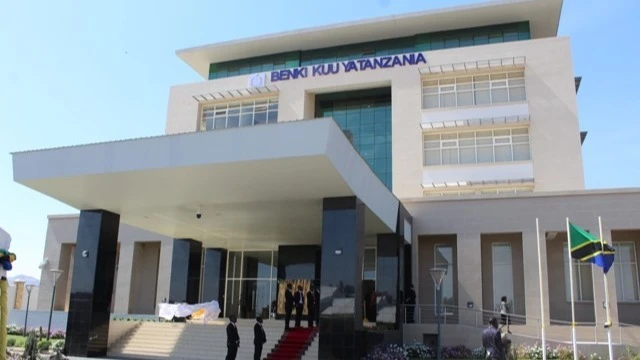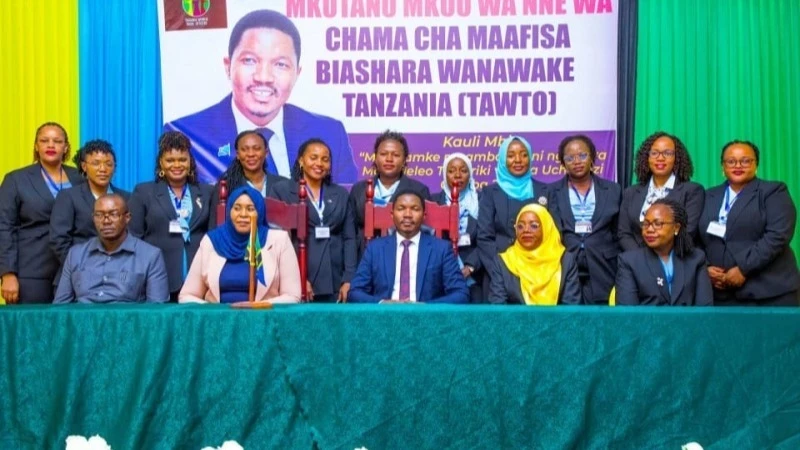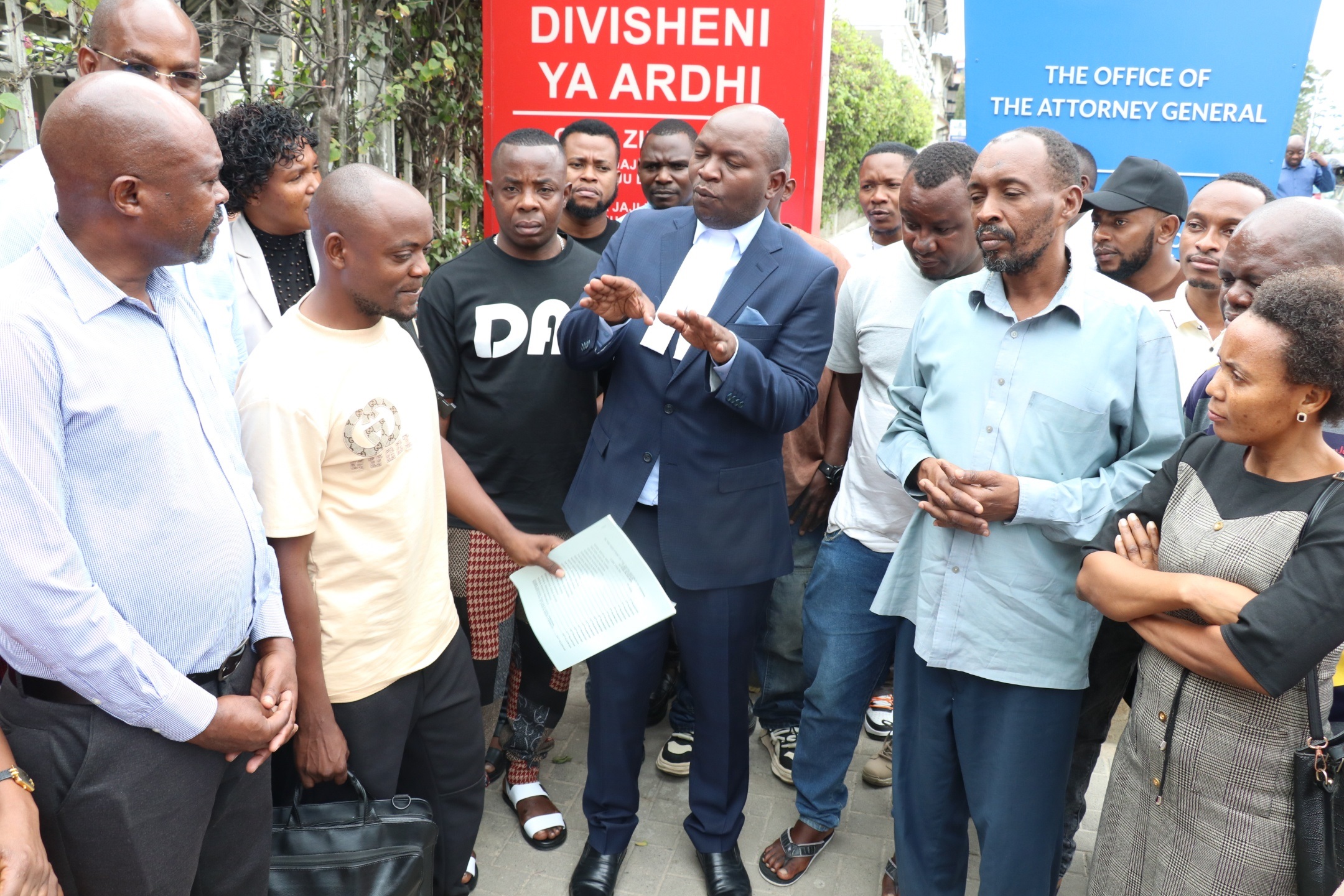Historic run, lingering questions: Assessing Taifa Stars' CHAN 2024 campaign
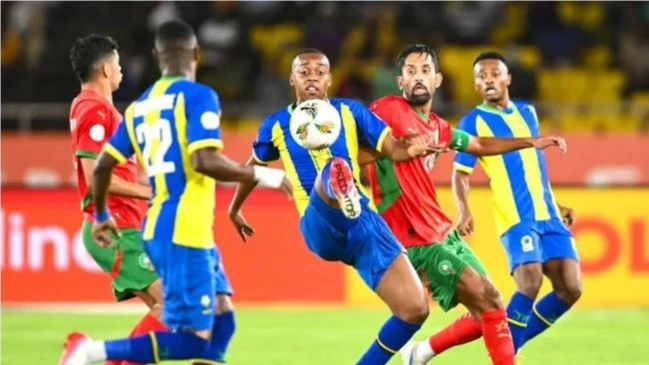
TAIFA Stars exited the 2024 African Nations Championship (CHAN) with a mix of pride and pragmatism.
Co-hosting the tournament alongside Kenya and Uganda, Taifa Stars delivered their finest continental performance yet, reaching the quarter-finals for the first time in the competition’s history.
They topped Group B unbeaten with three wins and one draw, accumulating 10 points.
They scored five goals while conceding just one before falling 1-0 to a seasoned Morocco side in the last eight.
Under coach Hemed Suleiman, this historic run showcased resilience and tactical growth, but it also exposed vulnerabilities that could impact the upcoming 2026 FIFA World Cup qualifiers against the Congo Republic and Niger.
Rather than swinging to extremes, a balanced dissection of the team's campaign offers a clear roadmap for future success.
Positives from the CHAN Campaign
One of Tanzania's greatest strengths was its defensive fortress. The backline, anchored by experienced players like Mohamed Hussein, Shomari Kapombe, Dickson Job, and Ibrahim Bacca, was nearly impenetrable during the group stage.
They limited opponents to minimal chances and conceded only once across four matches.
This defensive solidity extended into the knockout round, where they frustrated Morocco for over an hour before Oussama Lamlaoui's 65th-minute strike.
Coach Suleiman praised the team's discipline and on-pitch organization, which translated to a total of just two goals conceded in five games.
This tactical steel provides a solid foundation for the upcoming World Cup qualifiers.
The tournament also highlighted several emerging talents. Goalkeeper Yakub Suleiman rose as the first-choice shot-stopper, filling a void left by Aishi Manula's 2023 injury.
The relatively unknown Suleiman delivered composed performances, commanding his area and making key saves, including against Morocco's early threats.
In attack, Clement Mzize translated his career-best form at Young Africans SC to the international stage, netting a brace in a 2-1 victory over Madagascar.
He earned Man of the Match honours for his clinical finishing and intelligent positioning.
Midfielder Feisal ‘Fei Toto’ Salum remained the heartbeat of the side, earning Man of the Match twice in the group stage for his vision, passing, and control.
Other standout players included Mudathir Yahya in midfield, Kapombe, whose decisive stoppage-time goal won the match against Mauritania, and Iddi Selemani, whose wing flair stretched opposing defenses.
The historic knockout berth, achieved with nine points from three wins before their final group game, highlighted a team that had evolved from underdogs to contenders.
This resilience was evident in the Morocco clash, where the team pressed high and created openings, only to be denied by Morocco’s goalkeeper.
Such performances have elevated Tanzania’s profile, potentially improving the squad’s FIFA rankings and injecting confidence ahead of the qualifiers.
Areas for Improvement
Despite the positives, concerns remain, particularly in attack. A lack of depth and finishing prowess proved costly.
While Mzize shone, other options, such as Abdul Suleiman 'Sopu', were ineffective, failing to convert pressure into goals.
The Stars created chances throughout the tournament, especially against the Central African Republic (a goalless draw) and Morocco, but they struggled with the final touch.
Salum himself expressed frustration over unconverted chances, echoing Suleiman's pre-tournament worries about offensive inefficiency.
In the quarter-final, trailing 1-0, Suleiman even substituted defender Pascal Msindo as a makeshift winger, highlighting the team's limited bench options.
Untested Jammy Selemani, inconsistent Nassor Hamoud, and out-of-form Ibrahim Ahmada offered little threat, leaving the attack one-dimensional.
This dearth of quality forwards was a recurring issue, with the team scoring just five goals in the group stage despite their dominance and none in the knockout stage.
A broader worry is the team’s over-reliance on a few key stars and its vulnerability against elite sides.
Morocco's experience prevailed in a tactical duel, exposing Tanzania’s inexperience in high-stakes moments.
Although they held firm defensively, they could not capitalize on late pressure. Nassor Saadun blasted a shot over the bar, and Mzize headed wide, showcasing their struggle to convert critical opportunities.
Additionally, low turnout at matches in Tanzania raises questions about domestic fan engagement, which could affect team morale and development.
These issues could haunt the team in World Cup qualifiers if not addressed, especially in a group where clinical finishing is paramount.
A Path Forward
Looking ahead, the return of captain Mbwana Samatta and Simon Msuva, who were ineligible for CHAN as overseas professionals, will provide much-needed firepower.
With qualifiers looming, Suleiman's side must build on the positives from the CHAN campaign, namely their defensive grit and the emergence of new talent.
By refining finishing drills and expanding their attacking options, Tanzania can channel this historic run into sustained progress.
Taifa Stars' journey ended in heartbreak, but it lit a path forward, one of cautious optimism rather than panic.
Top Headlines
© 2025 IPPMEDIA.COM. ALL RIGHTS RESERVED



